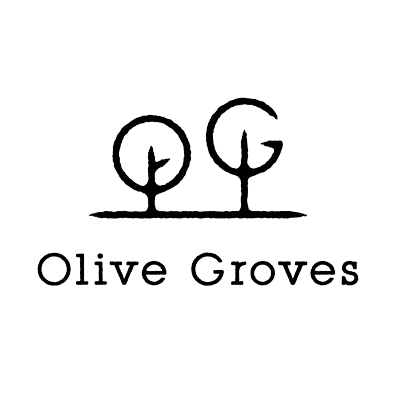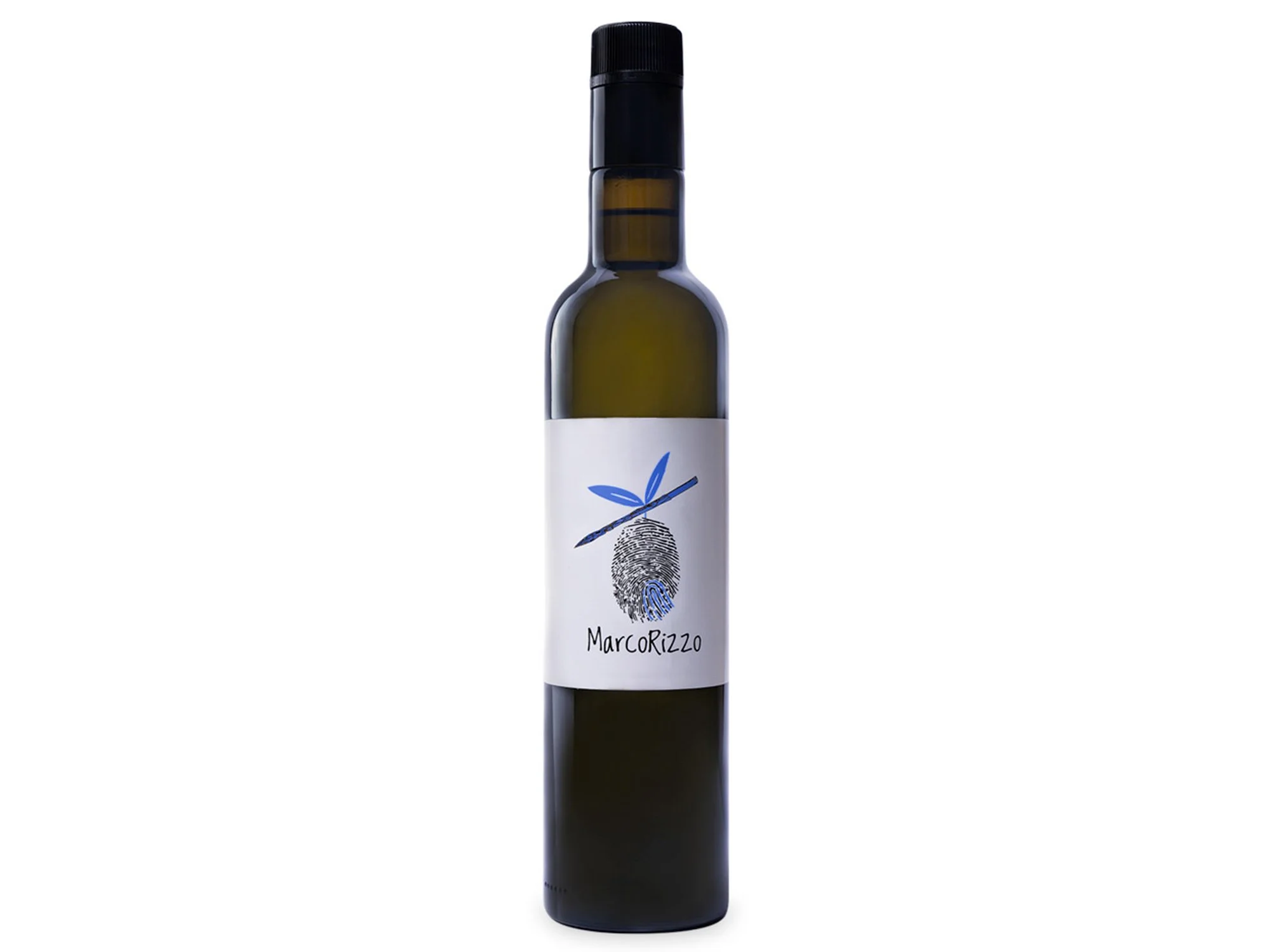Following one’s dreams with Marco Rizzo
Marco Rizzo in his grove in Felitto, south of Naples (Italy)
Marco lives and breathes for his beloved territory, the wild area of Cilento in southern Italy, and its olive oil, which embodies its flavours so well. He talked to us about his unusual career path, his doubts and the role of sustainable agriculture in the development of isolated territories.
After studying art in Rome, you decided to return to a small village in Cilento to devote yourself to the family olive grove. Why this choice?
I simply followed my dream. Moving to Rome seemed like the right thing to do when I was eighteen: I loved literature, music, I was curious about everything I didn't know, and I marvelled at every new idea.
I chose to return to the countryside for the same reasons I went to the city. The countryside inspired an explicable but tangible feeling of freedom. And even today, I remain convinced that farming is an extraordinary profession.
You started with a small olive grove that provided for the family's needs. How did you make the transition to a full-fledged farm?
I first cultivated my family's olive grove, the one I remember as a child, where my grandparents took me as a child to pick olives with our hands. Little by little, I took over new lands and started to cultivate them methodically, trying to overcome my hesitations with the means at my disposal: the Internet, local farmers, specialised books and long walks in the olive groves.
Seven years ago, I was lucky enough to meet Gaetano Avallone, one of the world's leading experts in sensory analysis, and this was the turning point that gave the company its momentum and vigour... who knows, maybe one day I too will become a good entrepreneur?
So far, do the rewards outweigh the sacrifices?
Perhaps not yet. In the early days I went through many moments of doubt. Behind an award at an olive oil competition or praise in a guidebook, there are many difficulties, including building a team, the long nights in the mill, the fatigue of the next day, and the anxiety of not selling. But I don't feel exhausted, on the contrary, I enjoy the constant challenge of staying on board... And, joking aside, I don't see what else I could have done, under the conditions I was in.
Do you think that agriculture can play a key role in the development of territories?
I am convinced that one way to bring isolated areas out of their marginality is to create a synergy between the products and the territory: a kind of symbiosis in which the product expresses the territory and the territory speaks about the product.
Our agriculture alone cannot bear the burden of thirty years of backwardness, we must demand a policy capable of bringing together professional associations and the entire tourism sector to work together in the direction of quality and territorial development.
As far as Italy is concerned, it is difficult to talk about agriculture in general in a few words, but in the olive-growing sector I can see that something is changing. Until a few years ago, there were no amateurs interested in monocultivar oils or able to choose an oil based on its intensity.



